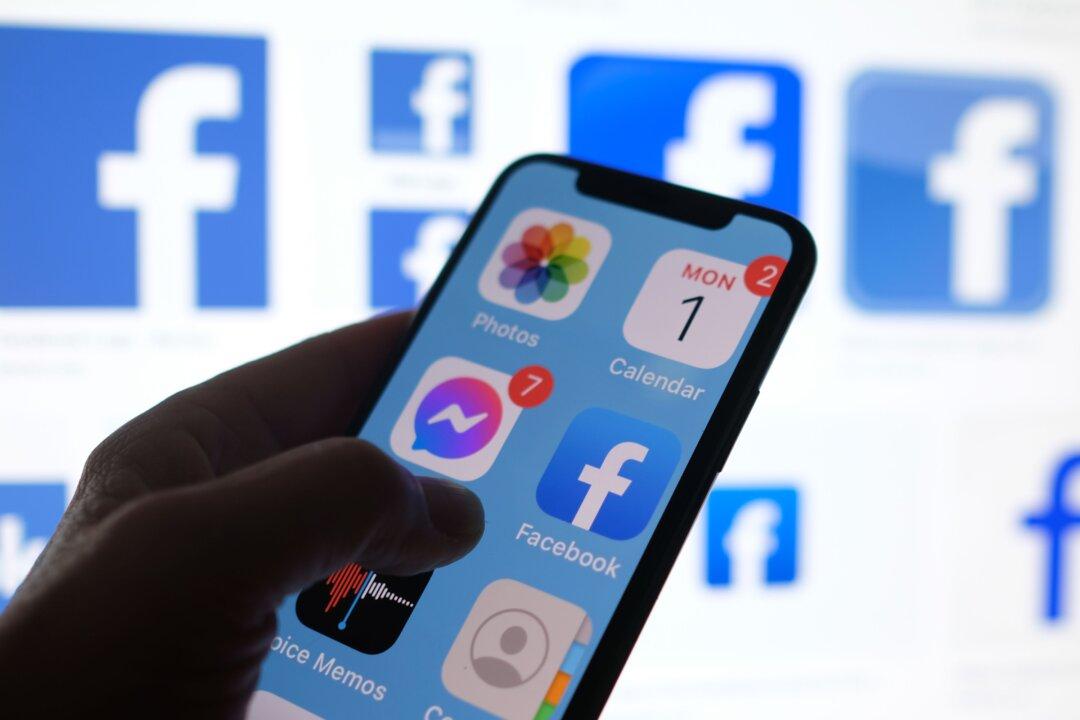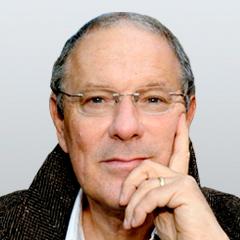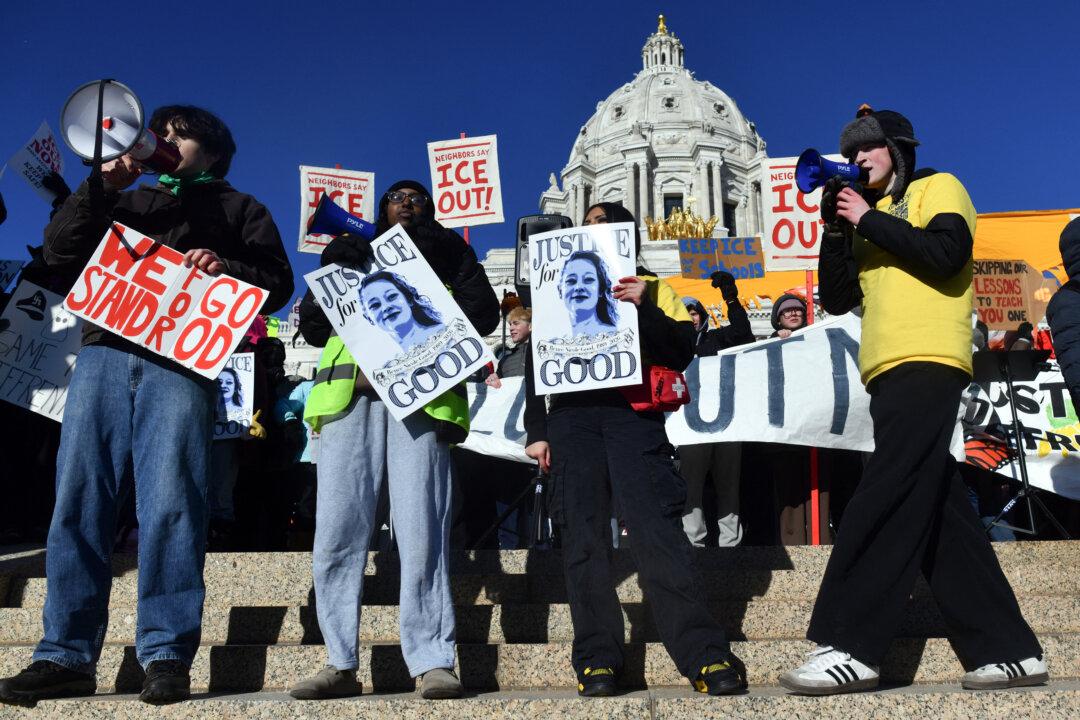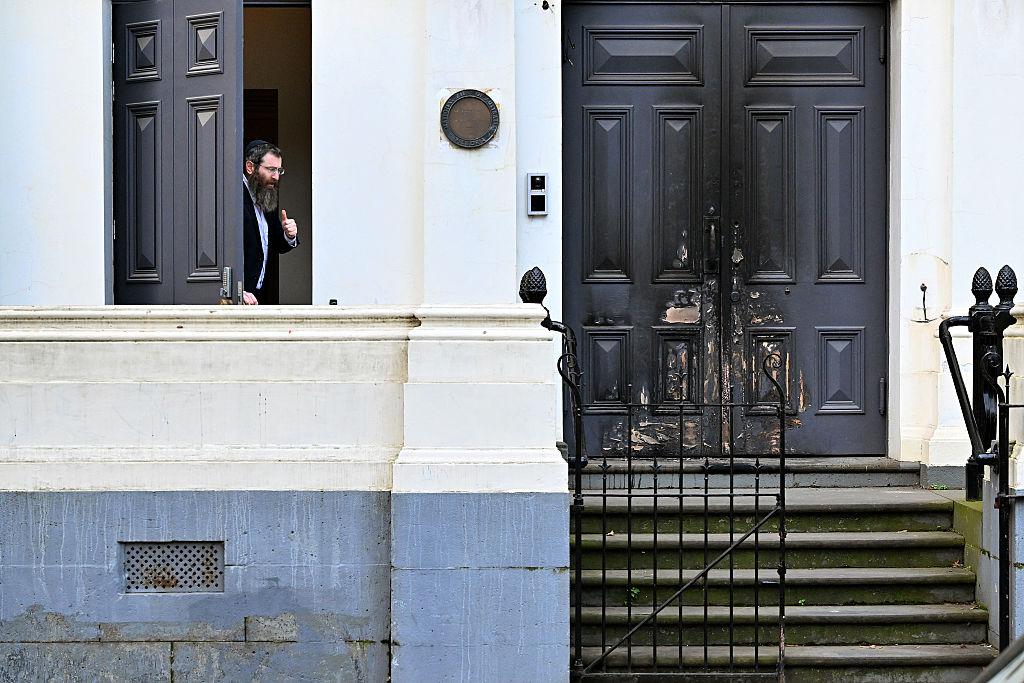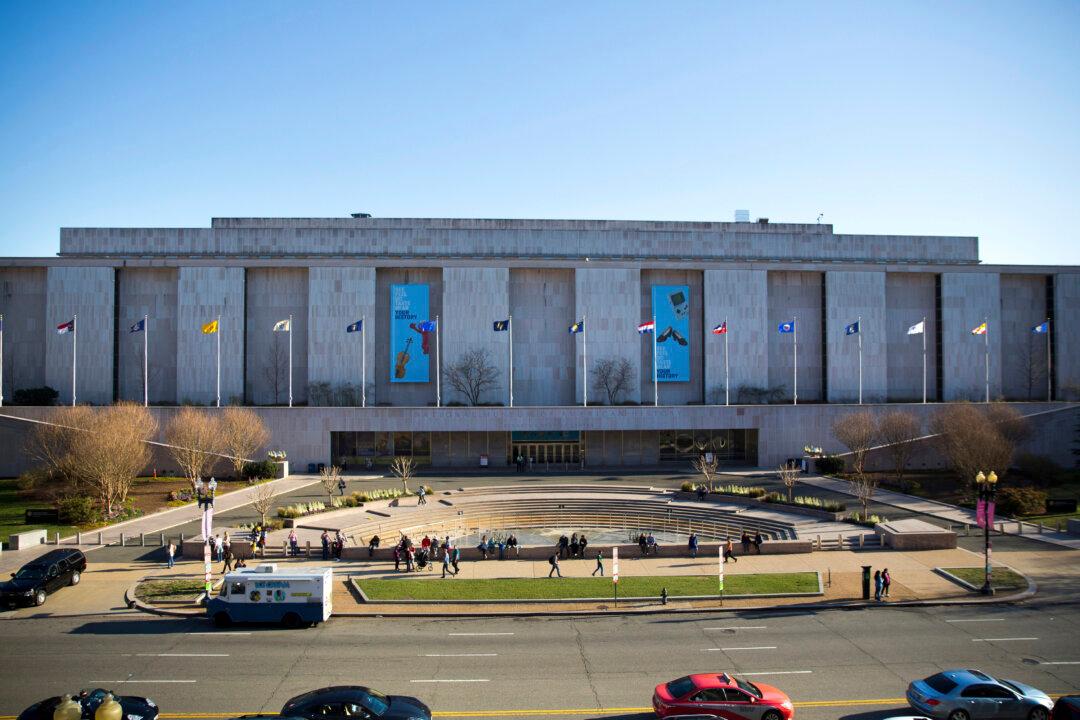Commentary
No people can long be free that doesn’t want to be free or cares little for its own freedom. But the greatest threat to liberty nowadays is from powerful and important groups within society that actively seek, in the name of virtue, to limit the freedom of others.
